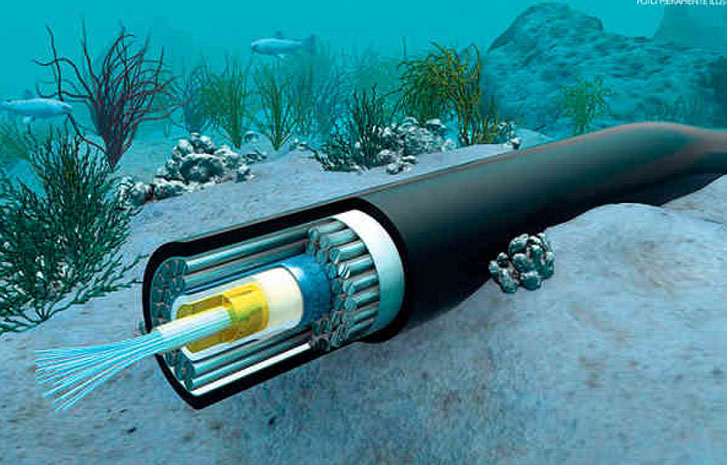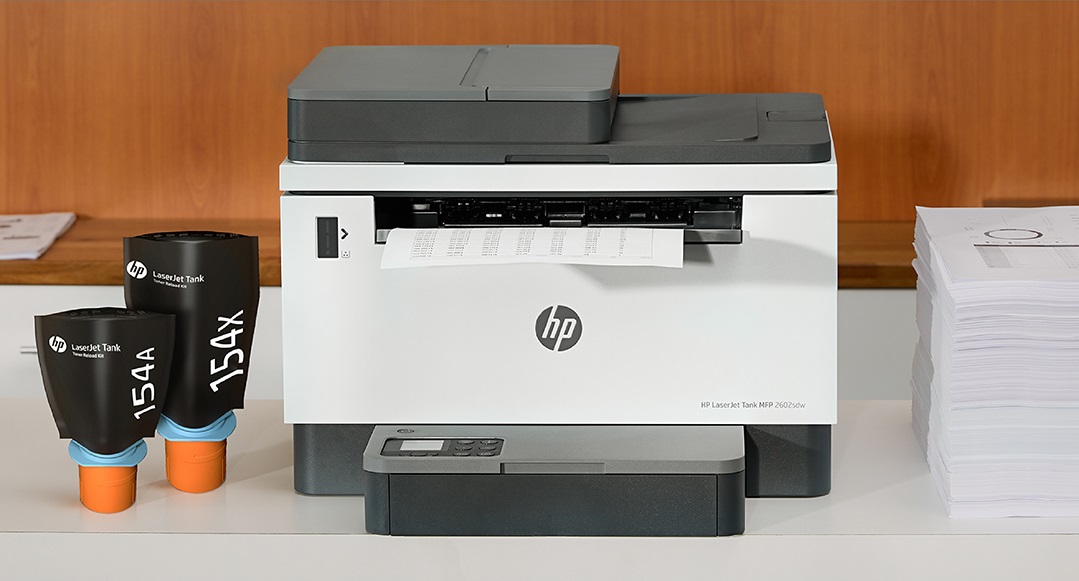Whereas earlier landed submarine cables in Nigeria and Africa including those of MTN with WACS, MainOne, Glo 1, ACE, Seacom, EASSy, SEAS and Angola Cables are yet to saturate the countries of their destinations with quality of service and accessibility over the years, experts fear that the landing of Google and Facebook’s submarine cables in Africa by 2021 may change a lot of narratives in the industry.
This formed part of industry revelations from the recently concluded South Africa Network Operators Group (SafNog) conference in Johannesburg, South Africa.
Analysts are nursing the fear that on arrival, both telecom giants may crash price of data and related services with more effective internet services which may force other submarine cable operators out of the market.
In his submission at the summit, the Founder and Chief Executive Officer, Open Cables, Sunil Tagare, said except Africa’s submarine cable system operators unite, the arrival of Equiano and Simba cable systems could impact negatively the huge investments already made by the local operators, which he put at over $1 billion.
He argued further that the concerns about the two cable systems are that there will be too much capacity coming into the market, which will significantly lead to a drop in prices.
He added that “Though it is a good development if it would help the customers, it may not be good if, of all the carriers within the countries of branching, only one of them gets low price from the foreign operators, while others are getting high prices because they are not investing. This will force others out of business. So what Equiano and Simba will do is to create a monopoly in every country along the route to one carrier, which will be really bad for the industry from a long-term perspective.’’
According to him, “The strategy of Google and Facebook, which they use in most countries as OTT, is to divide, and rule the regional players, and subsequently introduce imperial war tactics to penetrate the market.
He decried that currently, most of the players in the industry in Africa appear confused, not knowing who the competitor is, and are screwing each other on cable station access and last-mile infrastructure.
Tagare argued that “Google will spend around $300 million to build the Equiano, which is coming from Portugal, and expect revenues from the carrier to the tune of between $390 million to $610 million, after it must have kept 50 per cent of the bandwidth for own use.
“For Simba, it would cost Facebook $800 million, and about $720 million revenue is expected from the carrier in the first year of operations after it must have kept 10 per cent of bandwidth for its own use. He said the Simba would potentially earn $21 billion as advertising revenue.
He therefore warned African investors in submarine cables to seat up and build strong merger and business strategies to remain in business on arrival of Google and Facebook cables.
He warned that “If the regional players failed to unite and pursue the same agenda, the plan by the Google and Facebook would likely see them pay 100 per cent for the CAPEX of the branches of foreign cables, and another 100 per cent for the operations and maintenance (O&M) of the branches, in addition to their share of the main cable.”
Besides, he was quick to also warn continental telecoms regulators to begin ahead of the arrival of Equiano and Simba, in planning how to guard against exploitation or stifling of existing submarine cables operators.








